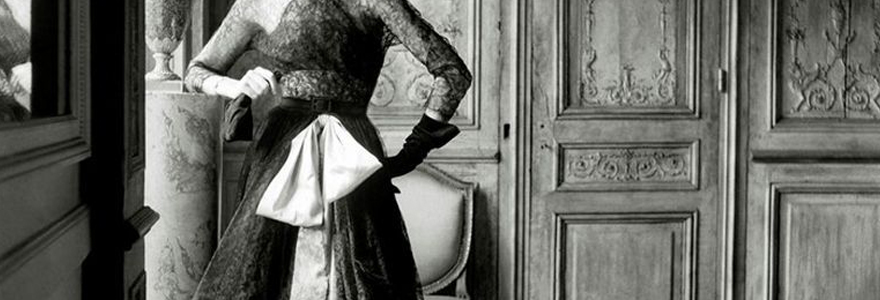
At the heart of the current pandemic is the dire need for every luxury brand to put a seal of identity on their products and services and offer something unique that can pull the masses. It is this need that has pushed brands to re-examine their purpose and identity in the market. The luxury market has seen steady growth over the years, but the rule of the game has seen a significant and rapid change. 2020 is a year that has seen many luxury brands implement measures that are needed in the future market, a time at which the norm will be a losing strategy. Below, we look at some trends to expect in the next quarter of 2020 and beyond.
Changing Market Demand
In the face of coronavirus, many luxury brands have experienced slow and stagnating growth. As the curve flattens in the coming months or by mid-2021, the luxury market trends are expected to change. It will be a period where many brands will choose to rewrite the growth patterns adopted in the boom years. For the months ahead, most of these brands will experience sluggish growth, falling margins and stiff competition.
Technology will Shape the Market
In the digital age, it is hard to ignore the digital consumer. Winning brands will strive to engage their customers on digital platforms in high-level terms, giving them easy access to helpful information on their luxury lifestyle and luxury goods. In the next quarter of 2020 and beyond, the largest share of luxury e-commerce will be driven by the desire for convenience and speed. Social media will continue to shape the fashion industry. Successful brands will take advantage of social media influencers to reach their target market and make sales. It will no longer be about legacy or heritage to sustain value equation. Luxury brands will find the need to relate to the consumer to meet their needs. Beyond their credentials, most established brands will look into advanced avenues of relevance that complement the modern customer’s expectations.
Millennials will Define the Market
In 2019, there was a notable increase in the millennial audience in the luxury market, a trend that is set to hold in the years ahead. Brands have, in this case, been geared towards changing the market narrative to keep them interested. Besides exclusivity and elegance, luxury brands are now more than ever focused on personalized approaches, captivating stories and stronger purpose to reach new markets and redefine their position. The purchase of luxury brands is no longer about the class or social status for the young generation. Millennials focus more on individuality, something that has pushed brands to support the uniqueness and not concentrate too much on exclusivity. Many brands are also embracing the increasing need for sustainability. The reason is that millennials pay more attention to brands that show concern about the future. Brands that meet this demand will get to a cool edge and encourage the millennials to buy from them.
In the wake of Covid-19, which has led to movement restrictions and lockdowns, the luxury brand industry will certainly deal with a major transformation. The luxury market trends are quickly being altered, meaning that every brand must abide by the rules of the changing game to remain relevant. For this reason, most brands are now learning to evolve and adapt to consumer demand. When it comes to communicating with customers, luxury brands in 2020 and beyond will be forced to pivot to new models to keep them engaged and interested.